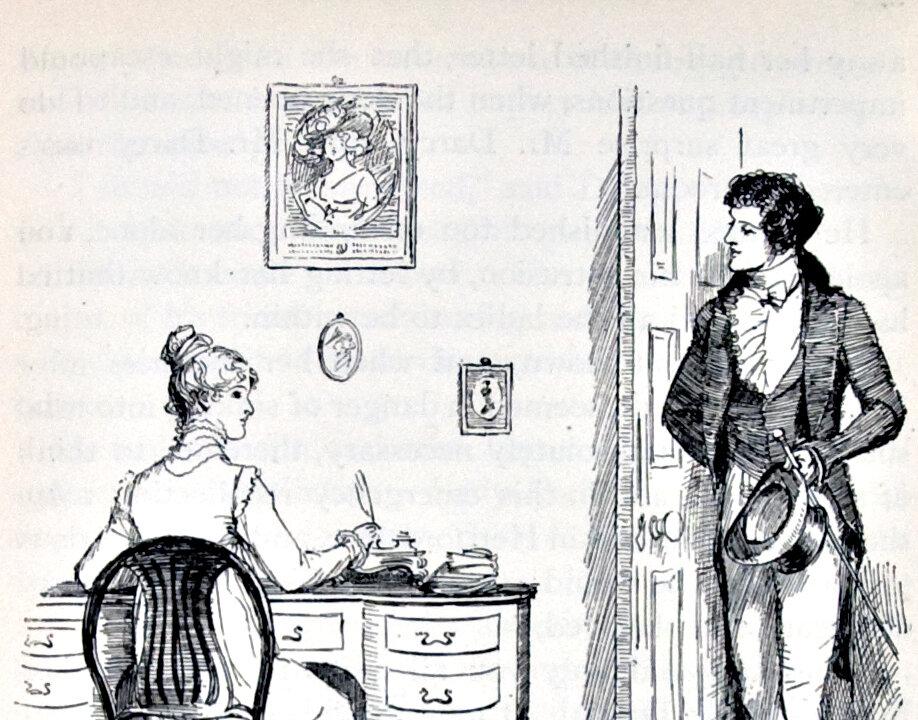Solitude can often be a source of loneliness, and so we often seek to avoid the emptiness it seems to bring. While sometimes loneliness means it would be best to seek out the company of others, solitude can also be beneficial if we instead fill its void with silent contemplation.
William Shakespeare dwells on this idea in two of his sonnets: Sonnet 29 and Sonnet 30 are part of a sequence of five sonnets in which the solitary poet meditates upon his friend. While Sonnets 27 and 28 dwell on the theme of night and sleeplessness, 29 and 30 speak of a sense of loneliness and failure, and 31 expands the resolution of 30. The solitary reflections of the poet show how, while solitude can leave the heart emotionally wrought, it can also be an opportunity for the soul to find rest and find healing of interior wounds through contemplation.





